Black History Month
Featuring Black healthcare leaders who have made a lasting impact on health and wellness
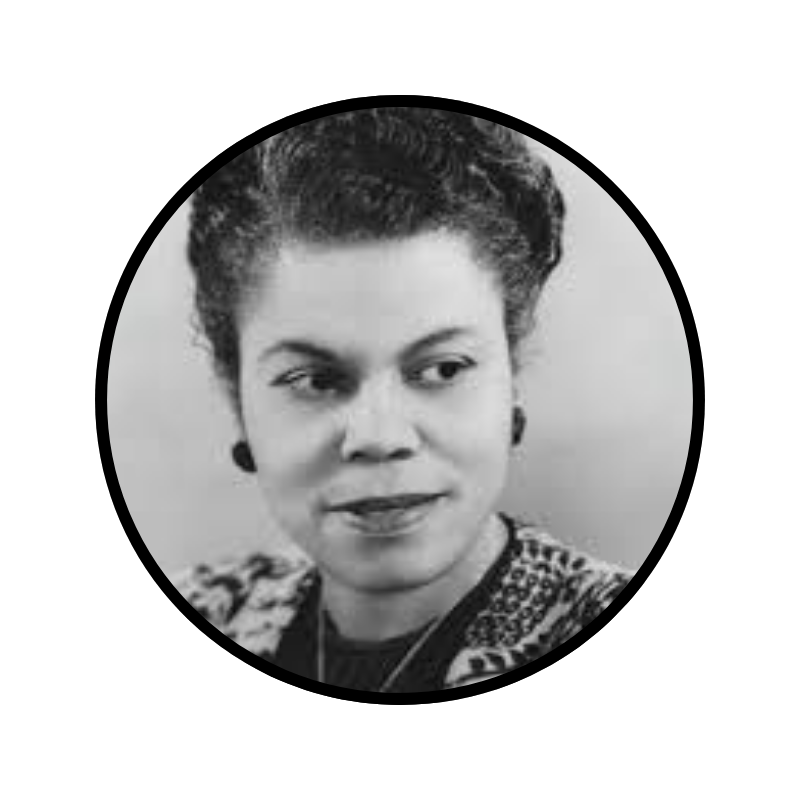
ESTELLE OSBORNE
REGISTERED NURSE
Estelle Osborne opened many doors for black nurses. She was the first black superintendent of nurses and director of the nursing school at Homer G. Phillips Hospital in St. Louis (1940-1942) and the first black nurse to receive a Master of Arts degree with a major in nursing from Teacher’s College, Columbia University. Upon her appointment as a consultant in 1943 to the Coordinating Committee on Negro Nursing for the National Council for War Service, she became the first black person to hold an office on the staff of a national nursing organization. Read more: https://archives.nypl.org/scm/20749
“Like other renowned black trailblazers, Estelle Massey Osborne’s pursuits highlight her passion and purpose toward advocating for racial integration in nursing education and creating opportunities for black nursing students in higher education. Her contributions reflect her commitment to advancing nursing education and addressing health disparities among rural, underserved black communities.”
-Jerusha Nyabiage Mogaka PhD
Photo credit: Wikipedia
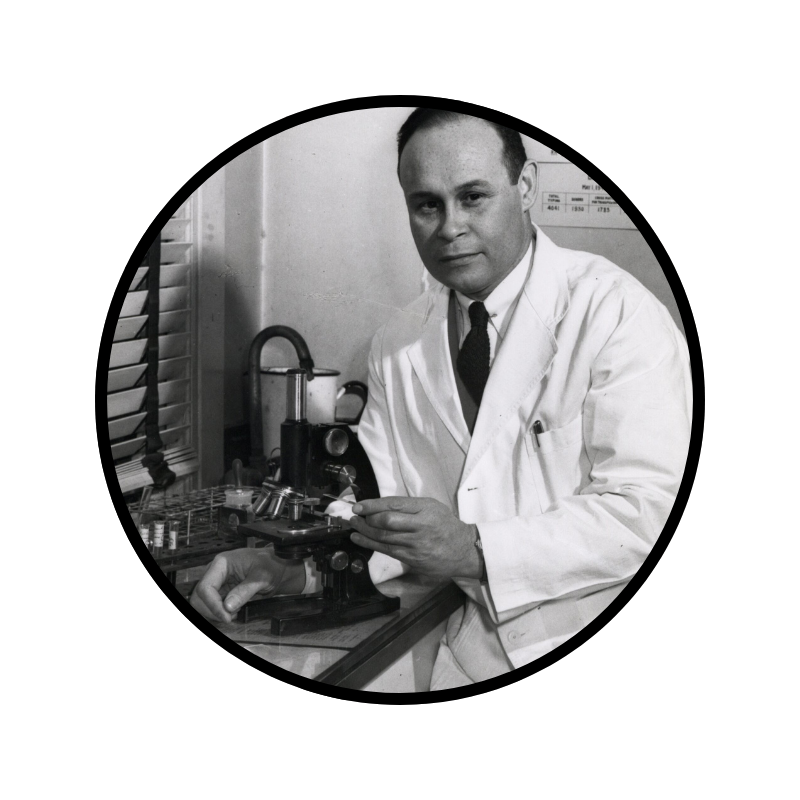
DR. CHARLES DREW
PHYSICIAN
Dr. Charles Drew pioneering research and systematic developments in the use and preservation of blood plasma during World War II not only saved thousands of lives, but innovated the nation’s blood banking process and standardized procedures for long-term blood preservation and storage techniques adapted by the American Red Cross. He was the first Black surgeon to be an American Board of Surgery examiner. Read more
Photo credit: American Chemical Society
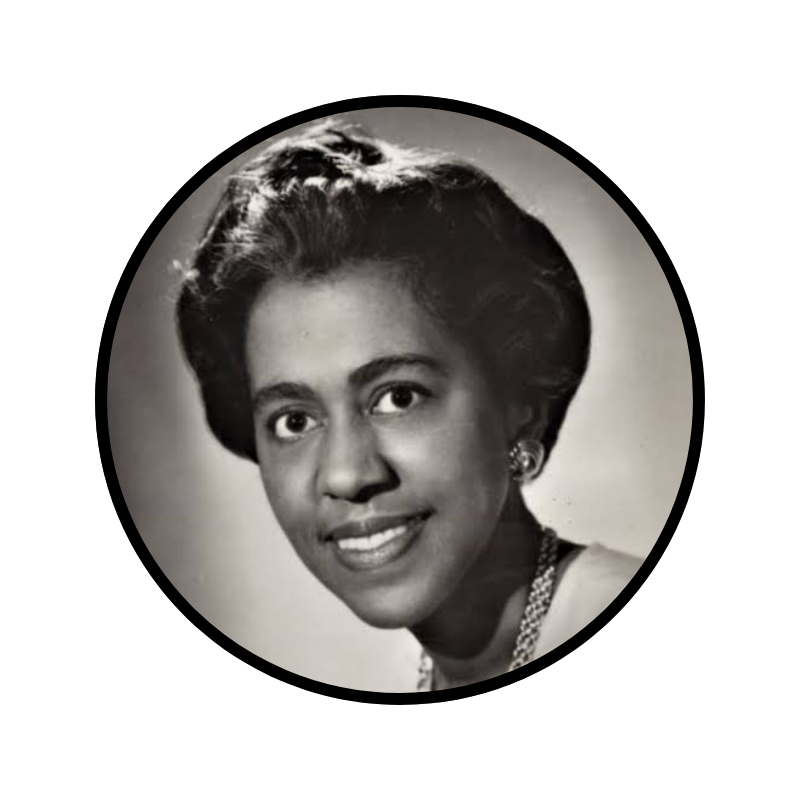
DR. MARIE CLARK
BIOCHEMIST
Dr. Marie Clark was the first African-American woman in the U.S. to receive a PhD in chemistry. She made important contributions in four areas of research: the chemistry of histones, protein synthesis, the relationships between cholesterol and hypertension, and creatine’s uptake by muscle cells. She conducted influential research on protein, sugar and cholesterol. Her work revolutionized understanding of diet and health. Read more
Photo credit: The Rockefeller University, n.d.
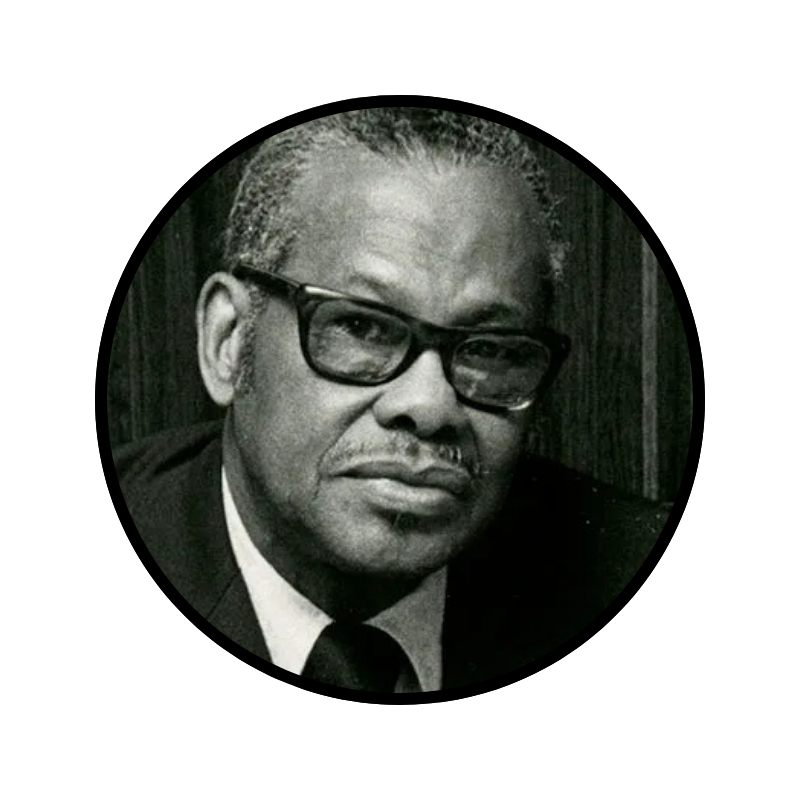
DR. LEONIDAS HARRIS BERRY
GASTROENTEROLOGIST
Dr. Leonidas Harris Berry was a pioneer in gastroscopy and endoscopy. He was one of the first Black doctors to be admitted to the American Medical Association. He served in black communities in Illinois and Alabama that in some cases had never seen a doctor. He was committed to providing care to African Americans who did not have access to medical care via the Flying Black Medics Project in Chicago. Read more
“Dr. Leonidas Berry fought for racial equity in healthcare, breaking barriers for Black physicians and patients. His work aligns with my research on nurses’ experiences with racism and their need for brave spaces to discuss it openly. Like Dr. Berry, my work highlights the importance of safe, inclusive spaces to challenge systemic racism in healthcare.”
-Meshack Otewa, UW SoN 3rd year PhD Nursing Science student
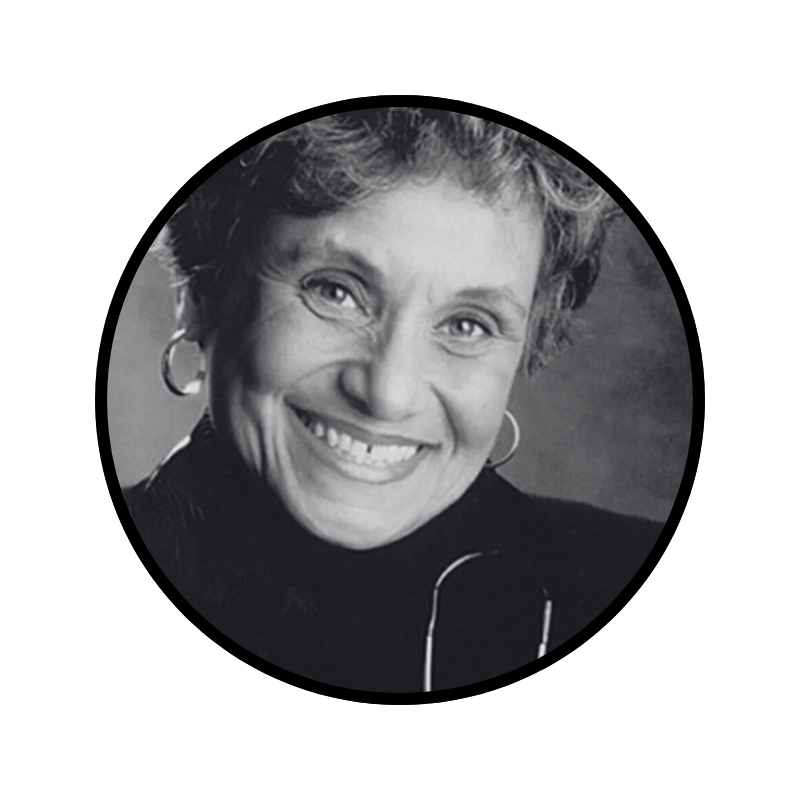
DR. MARILYN HUGHES GASTON
PHYSICIAN AND RESEARCHER
Dr. Marilyn Hughes Gaston dedicated her career to medical care for poor and minority families, and campaigns for health care equality for all Americans. Her 1986 study of sickle-cell disease led to a nationwide screening program to test newborns for immediate treatment, and she was the first African American woman to direct a public health service bureau (the Bureau of Primary Health Care in the United States Department of Health and Human Services). Read more
Photo credit: Blackpast.org
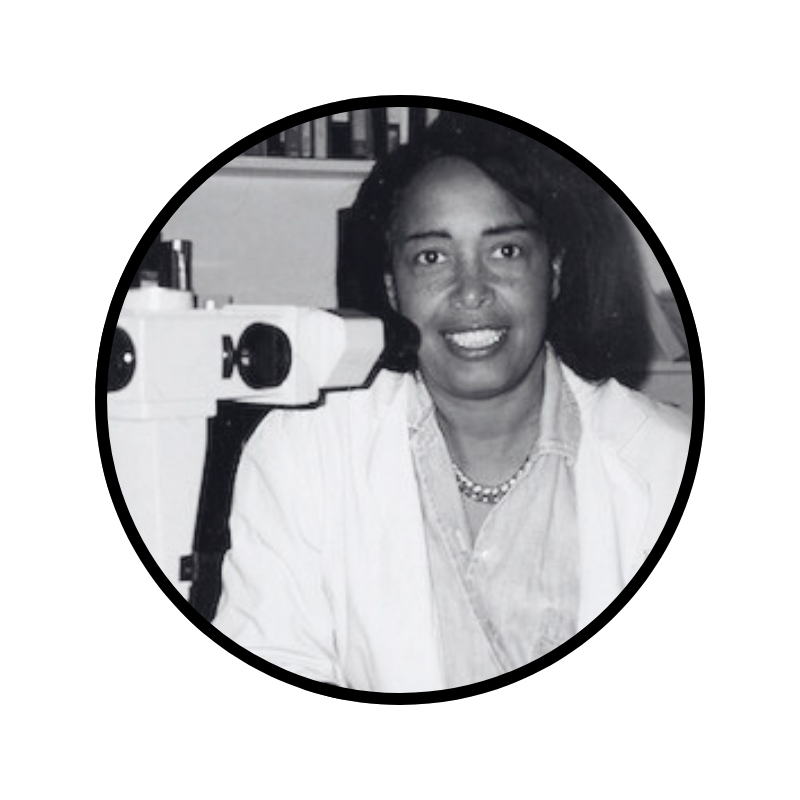
DR. PATRICIA ERA BATH
OPHTHALMOLOGIST
Dr. Patricia Era Bath was a Trinidadian immigrant and a prominent ophthalmologist and innovative researcher and laser scientist. She was the first African American woman physician to receive a patent for a medical invention. She conducted a study and found that blindness among blacks was double that among whites due to the lack of access of proper eye care in black communities. Thanks to this work, she proposed a new worldwide system known as community ophthalmology in which trained eye care volunteers visit senior centers and day care programs to test the vision and screen for cataracts, glaucoma, and other serious eye conditions. Through this community outreach program, under-served populations whose eye conditions would have gone untreated have a better chance to prevent blindness. Read more
Photo credit: Blackpast.org
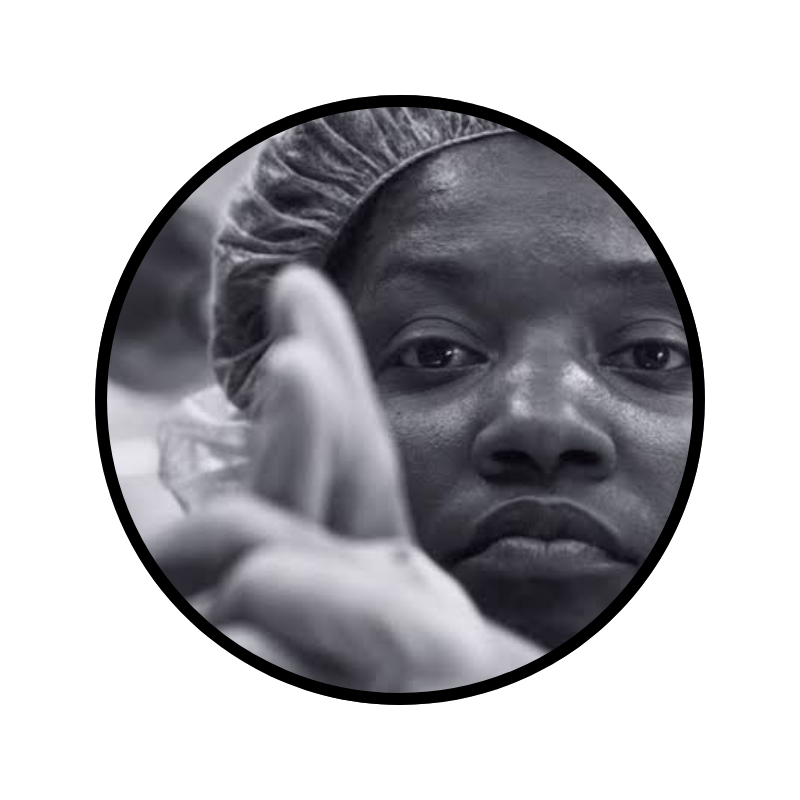
DR. IRENE ALEXA CANADY
NEUROSURGEON
Dr. Irene Alexa Canady was the first African America woman in the United States to become a neurosurgeon. In her work as a neurosurgeon, she saw young patients facing life-threatening illnesses, gunshot wounds, head trauma, hydrocephaly, and other brain injuries or diseases. Throughout her twenty-year career in pediatric neurosurgery, Dr. Canady has helped thousands of patients, most of them age ten or younger. Read more
“I believe Dr. Canady’s work in pediatric neurosurgery not only improved outcomes for children but also the relevance of addressing systemic disparities in healthcare access and treatment for minority communities. As the first African American woman neurosurgeon, Dr Candy’s approach to healthcare has influenced my thoughts on emphasizing diversity, mentorship, and patient-centered care approach to improve health outcomes.”
-Charles Kwanin, UW SoN PhD student
Photo credit: Changing the Face of Medicine
THE BLACK ANGELS
Edna Sutton, Louvinia Meadows-Walker, Clemmie Phillips, Phyllis Alfreda Hall Lambert, Marjorie Tucker Reed, Kate Gillespie, and Virginia Allen. Virginia (age 92) is the last known living member of the original group.
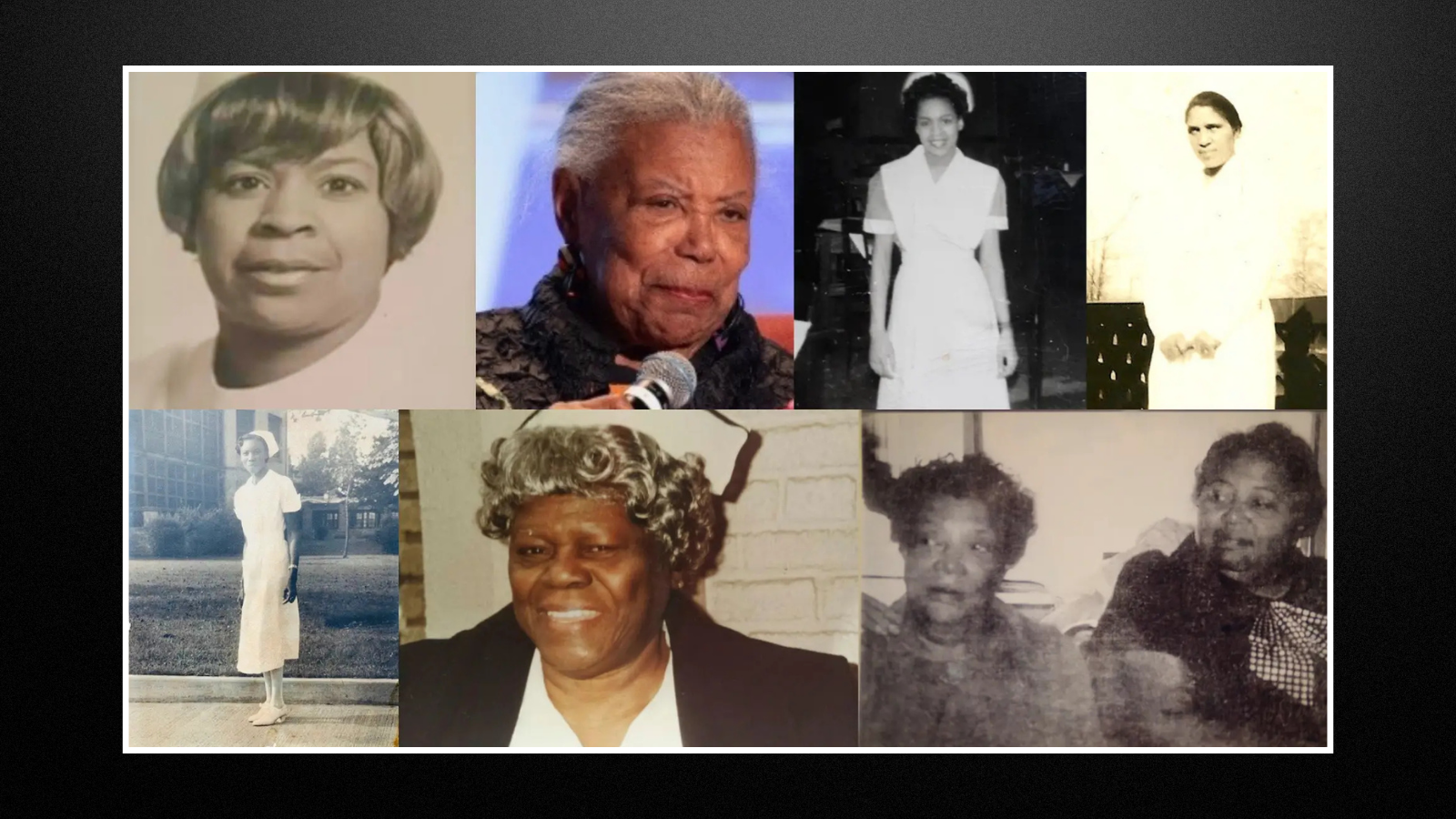
In 1929, white nurses were leaving Sea View Hospital, an underserved municipal institution in Staten Island, for fear of rampant tuberculosis.
The hospital recruited a group of Black nurses to fill their places. Because of their efforts, the hospital stayed open. Eventually it became part of drug trials that cured tuberculosis and changed the course of history.
Called “The Black Angels”, these nurses faced racism, sexism, physical and verbal abuse from the community, coworkers, patients. These nurses included Edna Sutton, Louvinia Meadows-Walker, Clemmie Phillips, Phyllis Alfreda Hall Lambert, Marjorie Tucker Reed, Kate Gillespie, and Virginia Allen. Virginia (age 92) is the last known living member of the original group.
Photo credit nurse.org